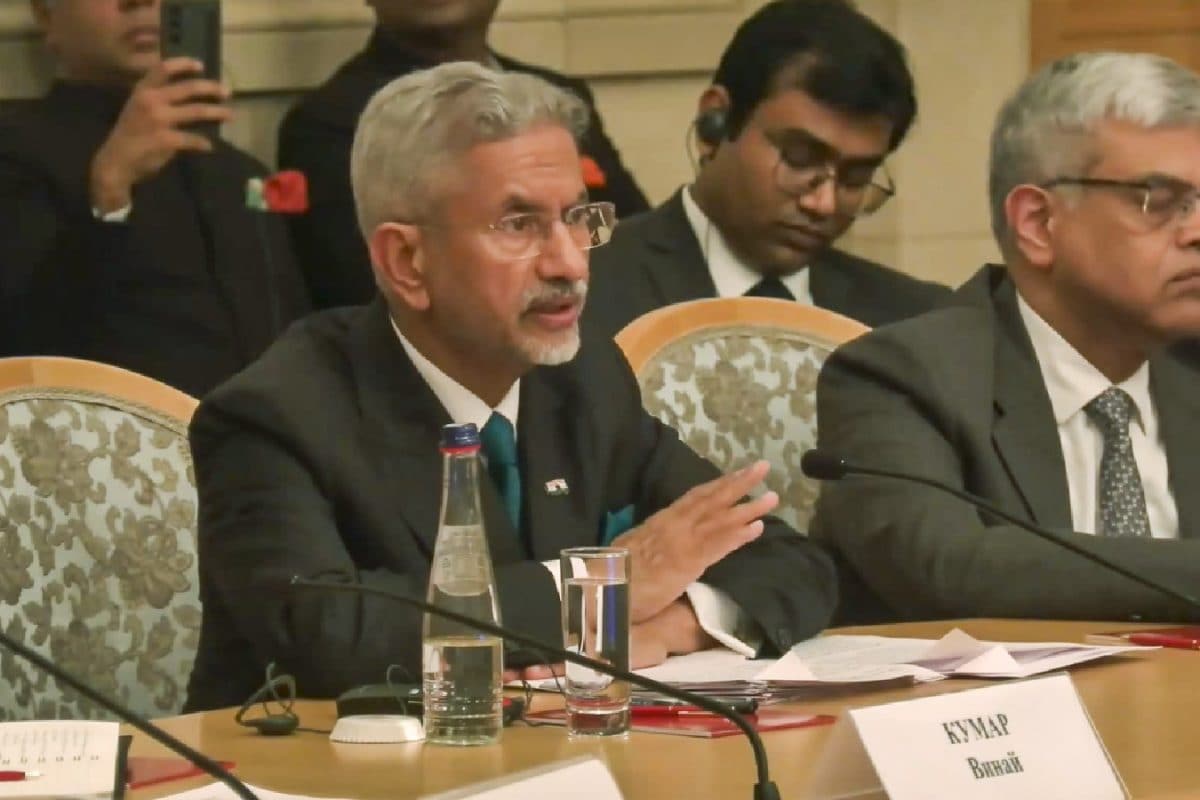

External Affairs Minister S. Jaishankar is currently in Moscow on a three-day official visit, from August 19 to 21, to bolster the longstanding strategic partnership between India and Russia. A key focus of the visit is co-chairing the 26th session of the India-Russia Inter-Governmental Commission on Trade, Economic, Scientific, Technological and Cultural Cooperation (IRIGC-TEC). This session serves as a platform to review and enhance cooperation across various sectors, including trade, energy, defense, science and technology, and cultural exchange.
Jaishankar's visit occurs against a backdrop of increasing trade tensions between India and the United States, primarily concerning India's oil imports from Russia. Recent actions by the U.S. government, including increased tariffs on Indian goods, have added complexity to the existing geopolitical landscape. These tariffs, which have been increased to 50%, include an additional penalty of 25% for purchasing Russian crude oil.
A significant aspect of the India-Russia relationship is the growing trade imbalance. Bilateral trade has seen a substantial increase, surging from $13 billion in 2021 to $68 billion in 2024-25. However, the trade deficit has widened considerably, from $6.6 billion to $58 billion during the same period. In 2022-23, India's trade deficit with Russia reached $43 billion, with imports valued at $49.35 billion and exports at $3.14 billion. More recently, Russia's exports to India were estimated at $61 billion in 2023-24, while India's exports were approximately $4 billion. This imbalance is largely attributed to India's increased imports of discounted Russian oil. Russia has become India's largest oil supplier, surpassing traditional suppliers like Iraq, Saudi Arabia, and the UAE. Imports of crude oil from Russia increased nearly 13 times in 2022-23 compared to 2021-22.
Both countries recognize the need to address this trade imbalance. Potential solutions involve increasing Russian investments in energy and government bonds. There is also a focus on Rupee internationalization to facilitate trade, given that the Rouble's value is not market-determined and the Rupee is considered volatile by Russia, posing challenges for Rupee-Rouble convertibility. Non-tariff barriers that impede the growth of Indian exports to Russia also need to be addressed. These barriers affect products such as marine goods, pharmaceuticals, and consumer goods.
During his visit, Jaishankar is scheduled to address the India-Russia Business Forum, where avenues to boost trade and investment ties will be explored. He will also hold bilateral talks with Russian Foreign Minister Sergey Lavrov to review the bilateral agenda and discuss regional and global issues. These discussions are a continuation of frequent high-level exchanges between the two countries.
The visit also follows National Security Advisor (NSA) Ajit Doval's recent trip to Moscow, where he met with Russian President Vladimir Putin and other top officials. Furthermore, it precedes a potential visit by President Putin to India, following an invitation from Prime Minister Narendra Modi.
Amid the ongoing geopolitical shifts and trade dynamics, India and Russia aim to strengthen their "Special and Privileged Strategic Partnership". Both nations have set an ambitious trade target of $100 billion by 2030, up from the current $65 billion. Russia has affirmed its commitment to reducing the trade imbalance with India, focusing on expanding energy supplies and removing trade barriers. Mechanisms are in place to ensure a consistent flow of oil to India. The Russian embassy in India has stated that there is no alternative to Russian crude oil due to its competitiveness. They project that bilateral trade is expected to increase by approximately 10% annually, with energy shipments remaining stable.